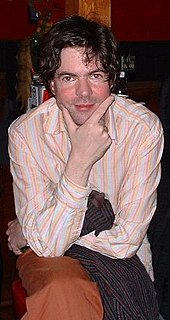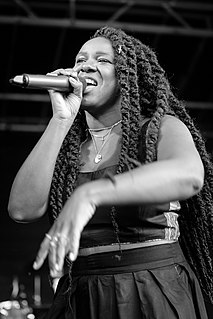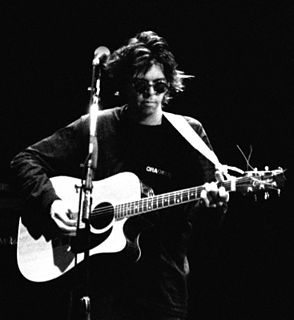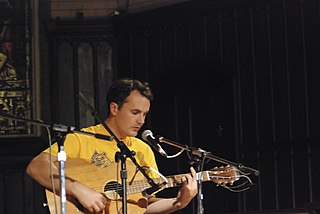A Quote by Jon Brion
There are a lot of producers who basically have their sound, and if the artist works with them, you almost know what the record's going to sound like before it comes out.
Related Quotes
The first record was basically a quick, fast record. The second record, we were going for more of a poppier sound - like a heavy pop sound. For 'Rocket to Russia,' we'd sort of reached our pinnacle. We'd gotten really good at what we were doing, so that's like my favorite record - that's a really good record. It's just great from beginning to end.
Artists are creating their own genre sound, and other artists are building upon that sound and already creating a huge subculture created around one particular sound created by one artist. So, with all that happening, the genres are going to break down, and there's going to be a multitude of sound coming out.
There's no excuse for having a mental or creative block in sound. You can just go out and collect things in the real world - they make the sound, not you. It's very restricting to always use a library for sound effects. It's much more interesting and freeing to go out and record new sounds because you never know what you're going to get.
Too many times you come across lyrics that sound like you've heard them before or you can't really relate to them. And I think that I write songs that sound fresh and sensual in kind of a layered, lush way. But I also think that they are real, and that's why I wanted to call the record 'Inside Out.'
It was three breakups going on at the same time. It was breaking up with my band, and my boyfriend, and right after that, my record label. I was arguing a lot with my record label during that whole time, so maybe they all affected each other. This record, Mondo Amore, came out of a time that was really heartbreaking and confusing, and that's why I switched the sound up a lot, to make it sound a little bit grittier and more raw.
When we sit in meditation and hear a sound, we think, 'Oh, that sound's bothering me.' If we see it like this, we suffer. But if we investigate a little deeper, we see that the sound is simply sound. If we understand like this, then there's nothing more to it. We leave it be. The sound is just sound, why should you go and grab it? You see that actually it was you who went out and disturbed the sound.
I'm not sure I'm going to be that type of artist but I do love cultural icons. Like Solange has been really great at that. Releasing her album end of last year and being really strong in their sound, bands like Little Dragon, artists like James Blake. You know their music when you hear them. They have a really particular sound and it's really cultural and people copy that sound. You hear it in other songs and you're like 'That's a James Blake tune'.
When I do a record, it sounds more punk and raw. Or it will sound louder, or it will sound more shocking. Or mind-boggling. I'll be trying to figure it out, but once I've got it figured out I'll be like, I know this; I know where this came from. I think art is most interesting when the intention is not clear.
I hate the sound of my own voice. It's just up there, sort of naked and exposed. Live is hard, because on my records, I play almost everything on a lot of stuff. In a live situation, I can't control everything. I use two different microphones. One is just clean, traditional sound, and the other one is basically a cheap cassette-recorder microphone that goes through a distortion box to emulate my voice on the record. That helps some.
A lot of times, that's hard to capture: what you sound like in person versus what you sound like on record. If I had total control, I would do a lot of the old songs - not only my songs but Sam Cooke songs, Luther Vandross, melody songs. That's what I would really do if I had an opportunity to do a record.




































